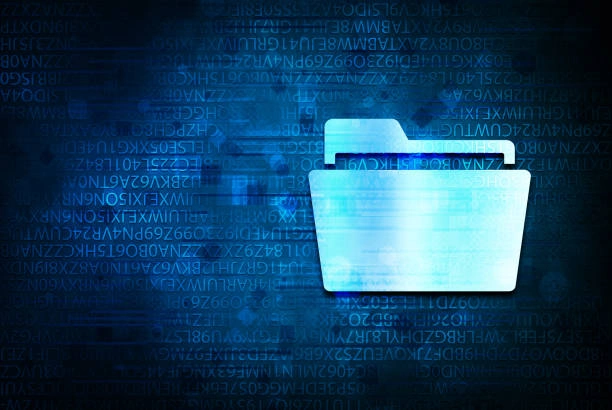Course Overview
This course provides an in-depth understanding of data cleaning and preprocessing techniques essential for preparing raw data for analysis. Participants will learn to identify and address common data quality issues, such as missing values, outliers, and inconsistencies. The course covers the best practices in data preprocessing, including data transformation, normalization, and feature engineering. By the end of this course, participants will be equipped with practical skills to enhance data quality and ensure accurate and reliable analysis results.
Course Duration
10 Days
Who Should Attend
- Data analysts and data scientists
- Business analysts
- Researchers and statisticians
- IT professionals working with data
- Anyone interested in improving their data preparation skills
Course Objectives
By the end of this course, participants will be able to:
- Understand the importance of data cleaning and preprocessing in the data analysis pipeline.
- Identify common data quality issues and learn techniques to address them.
- Gain hands-on experience with tools and methods for data cleaning.
- Learn how to preprocess data for various types of analyses.
- Develop skills in feature engineering to improve model performance.
- Understand the role of data transformation and normalization in data preprocessing.
- Explore best practices in handling missing data and outliers.
- Master techniques for data aggregation and merging from different sources.
- Apply data cleaning and preprocessing techniques to real-world datasets.
- Enhance data quality to ensure more accurate and reliable analysis outcomes.
Course Outline:
Module 1: Introduction to Data Cleaning and Preprocessing
- Importance of data quality in data analysis
- Data cleaning vs. preprocessing
- Data exploration and visualization techniques
Module 2: Handling Missing Data
- Types of missing data (missing completely at random, missing at random, missing not at random)
- Handling missing data techniques (deletion, imputation, modeling)
Module 3: Outlier Detection and Treatment
- Outlier identification methods (z-score, IQR, box plots)
- Outlier treatment techniques (trimming, capping, transformation)
Module 4: Data Imputation
- Imputation methods (mean/median imputation, mode imputation, hot deck imputation)
- Handling categorical and numerical missing values
- Imputation evaluation
Module 5: Data Standardization and Normalization
- Scaling techniques (min-max scaling, z-score standardization)
- Normalization techniques (log transformation, power transformation)
- Impact of scaling on data analysis
Module 6: Categorical Data Handling
- Encoding categorical variables (one-hot encoding, label encoding)
- Handling ordinal data
- Feature creation from categorical data
Module 7: Data Integration and Profiling
- Data integration challenges and solutions
- Data profiling techniques (data quality assessment, consistency checks)
- Data merging and concatenation
Module 8: Data Discretization and Binning
- Discretization methods (equal-width, equal-frequency, clustering)
- Binning techniques (binning by attribute, binning by data value)
Module 9: Feature Selection and Extraction
- Feature selection techniques (filter, wrapper, embedded methods)
- Feature engineering and creation
- Dimensionality reduction
Module 10: Data Validation and Quality Assessment
- Data validation techniques (consistency checks, range checks)
- Data profiling reports
- Continuous data monitoring and improvement
Customized Training
This training can be tailored to your institution needs and delivered at a location of your choice upon request.
Requirements
Participants need to be proficient in English.
Training Fee
The fee covers tuition, training materials, refreshments, lunch, and study visits. Participants are responsible for their own travel, visa, insurance, and personal expenses.
Certification
A certificate from Ideal Sense & Workplace Solutions is awarded upon successful completion.
Accommodation
Accommodation can be arranged upon request. Contact via email for reservations.
Payment
Payment should be made before the training starts, with proof of payment sent to outreach@idealsense.org.
For further inquiries, please contact us on details below:






